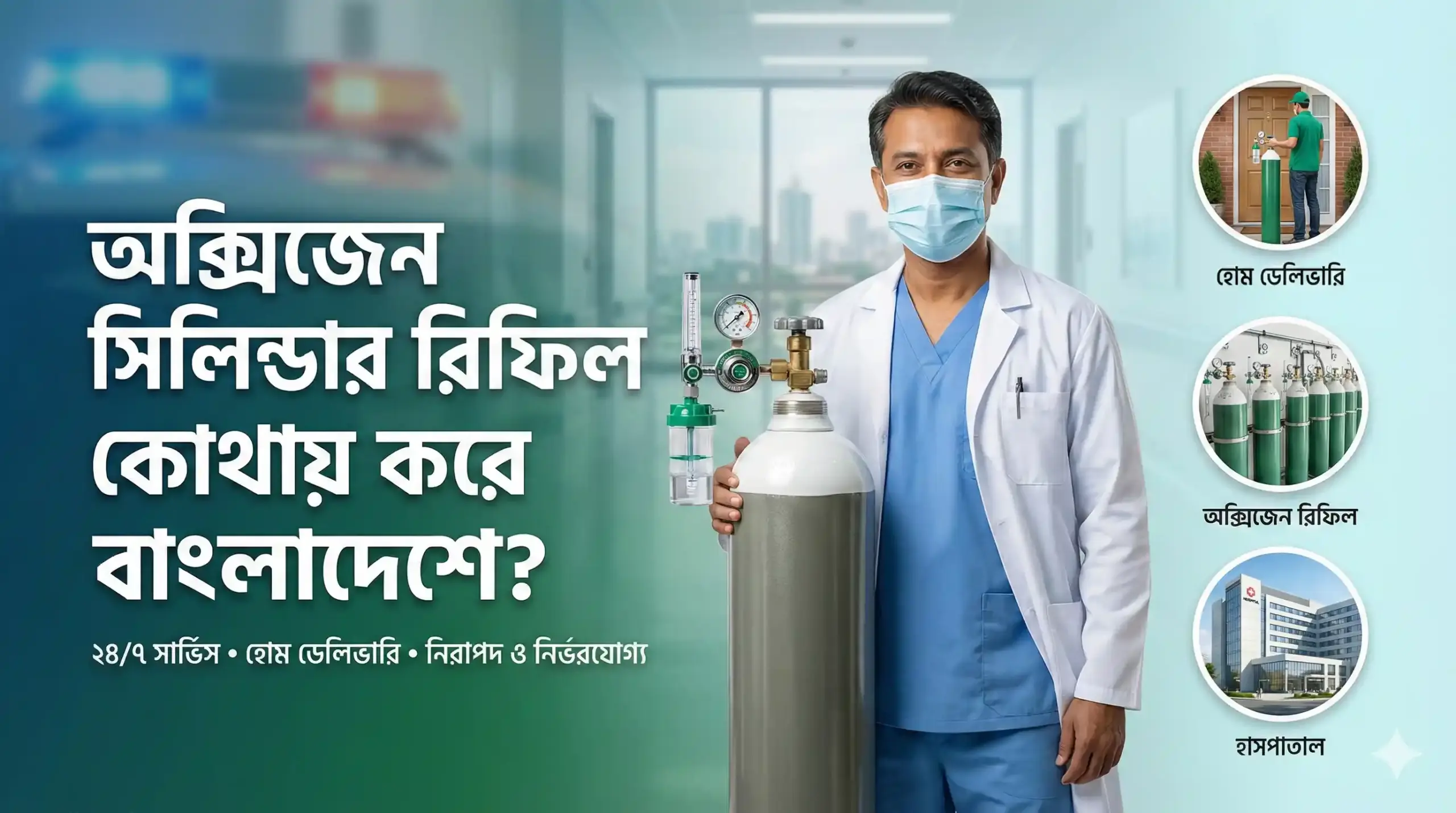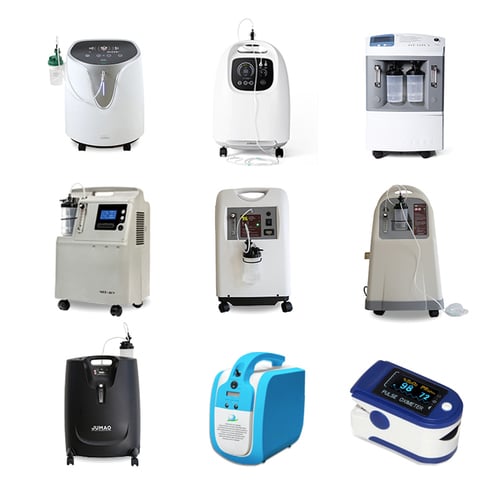

Medical oxygen concentrators typically use at home or in healthcare settings to provide continuous or intermittent oxygen therapy. They work by passing air through a series of filters and chambers that remove nitrogen and other gases, leaving behind oxygen with a purity of around 95%.
There are two main types of medical oxygen concentrators:
Continuous flow oxygen concentrators: These concentrators deliver a continuous stream of oxygen at a prescribed flow rate, regardless of the patient’s breathing pattern. Often used for patients who require a constant supply of oxygen
Pulse-dose oxygen concentrators: These concentrators deliver a burst of oxygen only when the patient inhales, synchronizing with their breathing pattern. They are more energy efficient and may be more suitable for patients who are mobile or have limited oxygen needs.
Medical oxygen concentrators offer several advantages over traditional oxygen tanks:
Continuous supply of oxygen: Contrary to oxygen tanks, which have a limited capacity, concentrators provide a continuous supply of oxygen as long as they are connected to
Portability: Some concentrators are small and lightweight, allowing patients to use them at home or even while traveling.
Quiet operation: Concentrators are relatively quiet compared to oxygen tanks, which can be noisy
Reduced environmental impact: Concentrators produce oxygen from the surrounding air, eliminating the need for frequent tank refills and reducing the environmental impact of oxygen production.
Before using a medical oxygen concentrator, it is important to consult with a healthcare provider to determine the appropriate oxygen flow rate and type of concentrator for your individual needs. Additionally, proper training on how to use and maintain the concentrator is essential for safe and effective oxygen therapy.
Medical oxygen concentrators play a vital role in providing supplemental oxygen therapy to individuals with respiratory conditions or other medical needs. Their ability to provide a continuous supply of oxygen, portability, quiet operation, and reduced environmental impact make them a valuable tool for improving the quality of life for patients who require oxygen therapy.